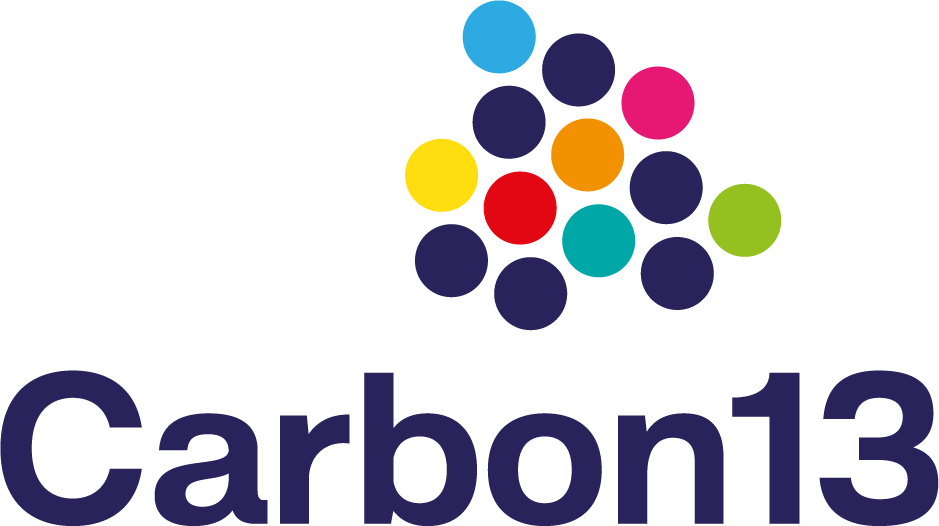Good grief, do we have a problem?
A message on our sponsors from Carbon13’s Chief Sustainability and Innovation Officer.
When I first heard that an oil major, bp, was interested in sponsoring Carbon13 I was worried. We have known for a long time that our addiction to fossil fuels is putting our climate at risk. Analysis by Richard Heede at the Climate Accountability Institute in the U.S. has shown that the top 20 ‘carbon majors’ have contributed 35% of all energy-related carbon dioxide and methane worldwide. This is 480bn tonnes of carbon dioxide equivalent (GtCO2e) since 1965. Equally I know that access to cheap energy has underpinned the industrial revolution and is linked to improved living standards, not to mention a range of products which are widely used. And then there is VW. I mean good grief, could the emissions scandal be any more of an example of a corporate behaving badly, but this time costing not just people but the planet? Are we their penance? Are we a greenwashing opportunity?
I spoke with an environmental activist about this issue. He was emphatic. Taking money from these organisations is not compatible with trying to address climate change. I felt a deep sense of unease. I have seen Extinction Rebellion and other groups targeting forecourts and blocking vehicles. The activist said taking money from carbon emitters meant that we were giving them the means to greenwash their activities.
The thing is, the more I thought about it, the more I realised that Carbon13 is doing exactly what activist groups are demanding – developing innovative solutions which can accelerate us towards net zero. And we need to do this urgently. One of the reasons why people have galvanised around the idea of achieving net zero by 2050 or sooner is due to new data on our current trajectory, and improved models going forward. We expect warming of 1.5 degrees to occur a decade earlier than previous IPCC projections, probably around 2030. Tipping points are being triggered. So it is critical that Carbon13’s mission remains unchanged. Something our sponsors agree with. The reason our sponsors want to work with us is not because of some bizarre PR campaign. But, to collaboratively develop game changing solutions to help us get to net zero.
Arguably I don’t need to write this article then! Except for my belief that transparency is a basic means of showing respect to the people we work with.
We know people will question this partnership, and I understand why. We are not trying to hide anything; we know our sponsors are not perfect – they acknowledge that they must change and are trying to do so – to be part of the answer, not part of the problem. Besides, people will inevitably meet some of them during the programme and, I encourage everyone to engage in conversation – you’ll hopefully see that everyone has something to bring to the table.
Fundamentally, perhaps, our position on who we engage with comes down to this. As innovators and entrepreneurs, we are predisposed to imagine what might be possible. We wholeheartedly buy into the idea of change. We can do better, and organisations who currently have activities that are against the planet and people will either innovate or at some point cease to exist. Shouldn’t we work with those that are willing to try? As long as they too are taking meaningful steps to address climate change? And this is not just a case of philanthropy. There is opportunity too, the system must reignite profit with purpose if we are to create a paradigm shift.
There is a place for all sorts of organisations in the transformation towards more sustainable living. Activists have their place. So do we. We at Carbon13 want to live in a world that stays as close to 1.5 degrees of warming as possible. To do so without jeopardising our standard of living requires ingenuity and effort from our founders and community which should be rewarded. Carbon13’s mission is to enable talented individuals to build ventures which are scalable, investable and impactful. Over the next five years we are selecting and supporting 1,000 entrepreneurs who will create ventures with the potential to reduce carbon emissions by over 400 million tonnes or 1% of global emissions. Scaling ventures has its challenges. And that’s why we need all the help we can get. But it’s not just us. Achieving the transformation we need for sustainability means some organisations will fail, new global names will be created, and – as bp are currently doing – some existing organisations will pivot, changing their core business. Ultimately, we are all in this together and we need all the help we can get.
Dr Nicky Dee (PhD, Cantab)
Chief Sustainability and Innovation Officer, Carbon13
